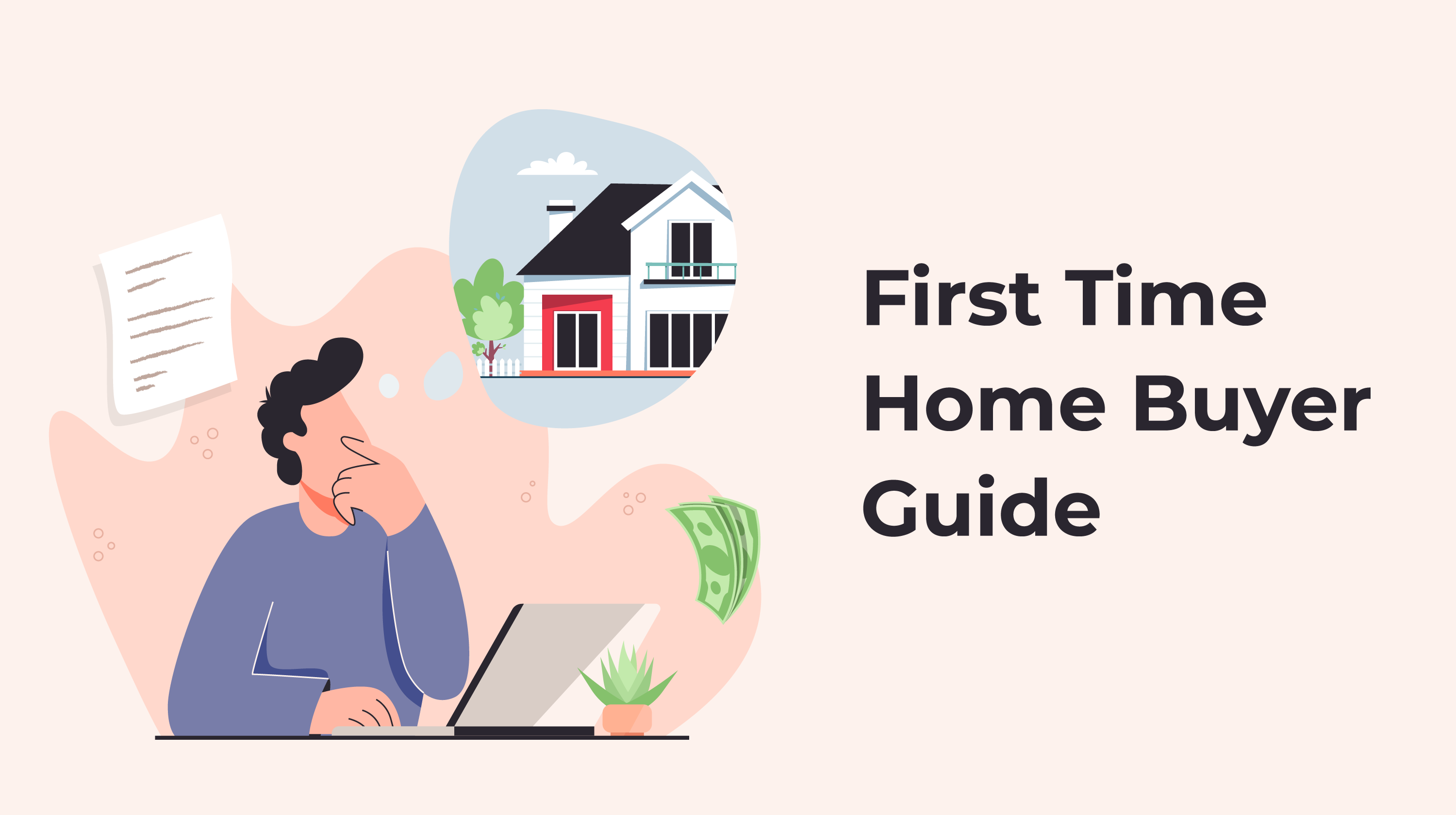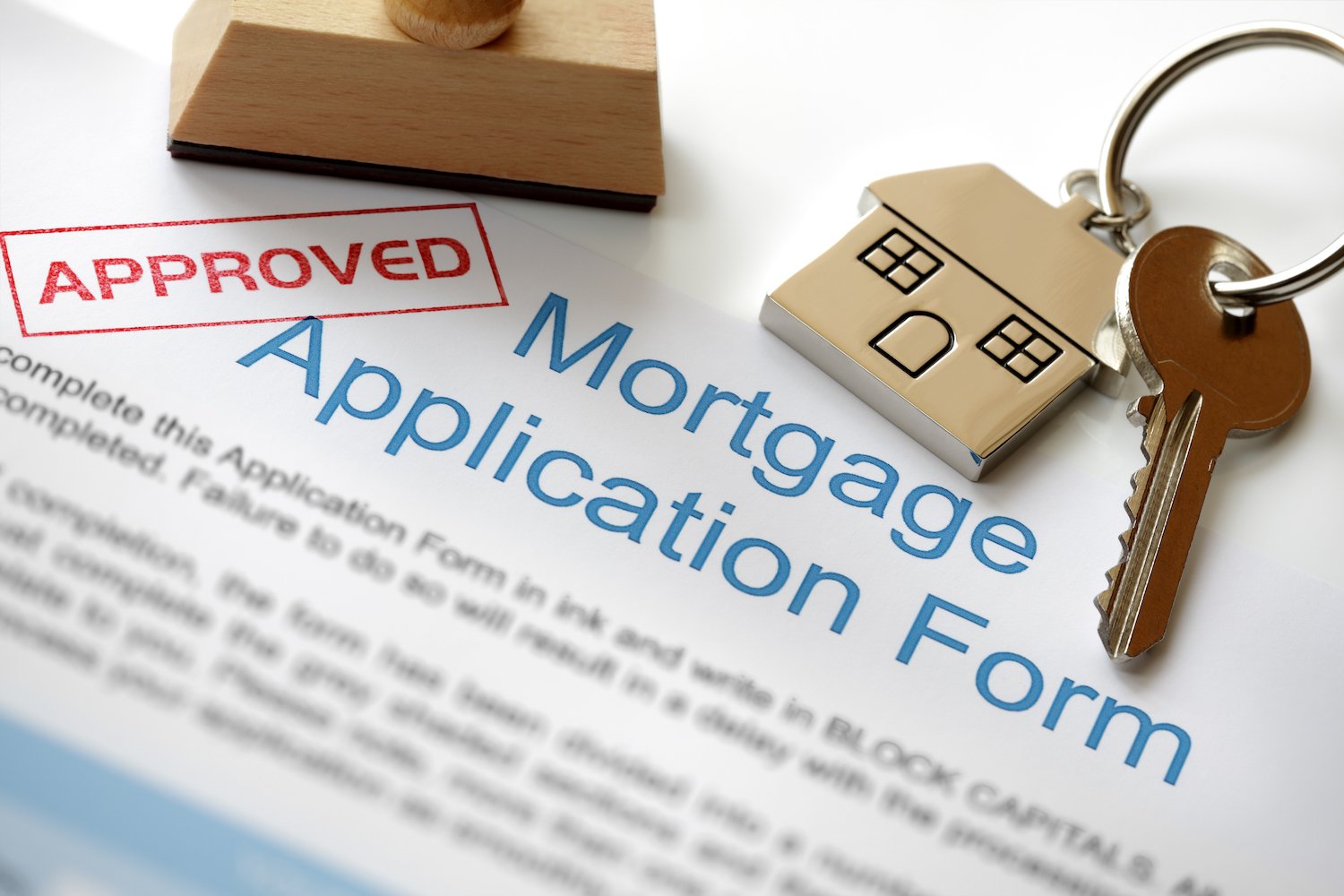
Buying your first home is one of life’s most exciting journeys. Our in-depth guide covers everything you need to know—from preparing your finances to finally getting your keys. Let us help you navigate each step with confidence and clarity.
1. Getting Financially Ready:

Determining Your Home-Buying Budget: Establishing a realistic budget is your first critical step. Begin by evaluating your monthly income, existing debts, and ongoing expenses. Typically, experts suggest your total housing costs—mortgage payments, property taxes, and insurance—shouldn’t exceed 28% of your monthly gross income. Understanding this will help you comfortably manage homeownership expenses without financial stress.
Boosting Your Credit Score for Better Mortgage Rates: A higher credit score means more favorable mortgage terms. Begin improving your score by consistently paying your bills on time, reducing existing debts, and avoiding new unnecessary debts or credit inquiries. Regularly reviewing your credit reports for inaccuracies can also provide an immediate boost.
Saving Strategies for Your Down Payment and Closing Costs: Down payments typically range from 3.5% to 20% of a home’s price, so it’s crucial to save efficiently. Open a dedicated savings account specifically for your home purchase. Automate monthly contributions, trim discretionary spending, and explore high-interest savings options to grow your funds faster. Remember to budget for additional closing costs, usually 2-5% of the purchase price, to avoid surprises later.
2. Understanding Mortgage Pre-Approval:

Why Pre-Approval Is Crucial: Mortgage pre-approval gives you a clear picture of how much home you can afford, enhancing your negotiating power and credibility with sellers.
Essential Documents Needed: Prepare documents such as pay stubs, tax returns, bank statements, proof of assets, and identification documents before approaching lenders.
Selecting the Best Lender: Compare multiple lenders based on interest rates, loan terms, and customer service. Choose a lender who communicates clearly and understands your specific needs.
3. Finding the Right Home:

Defining Your Priorities: Create a comprehensive list of must-have features (location, size, amenities) versus those you’d be willing to compromise on.
Effective Online Search Techniques: Use advanced search filters on real estate websites and set up property alerts to stay informed about new listings.
Maximizing Open House Visits: Take notes, ask detailed questions about property history and renovations, and pay close attention to the home’s condition and surroundings.
4. Making a Winning Offer:

Crafting an Attractive Offer: Make your offer competitive by researching comparable home sales, being flexible with closing dates, and showing financial readiness with a strong pre-approval letter.
Understanding Offer Contingencies: Clearly understand common contingencies such as financing, inspection, and appraisal conditions that protect your interests.
Negotiation Strategies: Be prepared for negotiations with clear goals, realistic expectations, and flexibility to achieve the best possible deal.
5. Navigating Closing and Moving In:

Home Inspections and Appraisals: Arrange for thorough inspections and understand the appraisal process to avoid unexpected issues.
Final Walkthrough Preparation: Conduct a final walkthrough close to closing day to ensure agreed-upon repairs are completed and the home is move-in ready.
Closing Day Essentials: Familiarize yourself with closing documents beforehand, verify all details, and be ready for financial transactions required on closing day.
